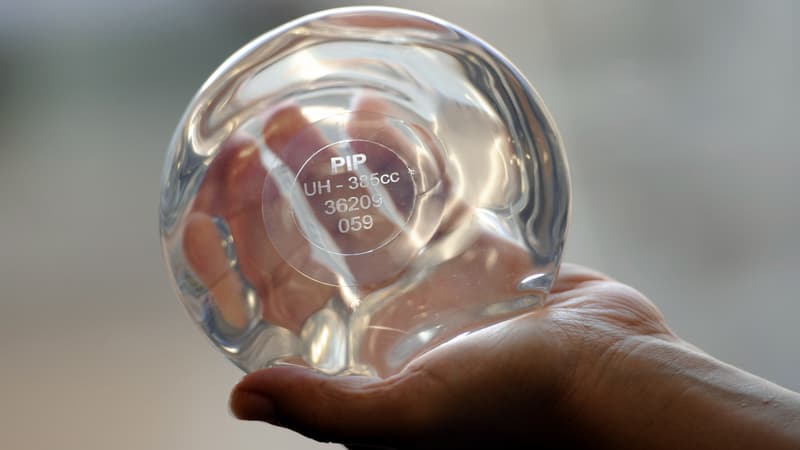Already ordered to compensate thousands of victims, the German TUV certifier for defective PIP breast prostheses was sentenced Thursday in Toulon to compensate 7,000 new complainants, the Pipa victims’ association announced.
These plaintiffs, from Colombia and Argentina but also from Scotland, England and France, obtained 2,500 euros in compensation for the damages suffered, before the Commercial Court of Toulon, for a total of 17.5 million euros.
It is less than the 5,000 euros obtained a year ago by more than 1,600 more complainants, but this sum is in line with the 3,000 euros in provisions for the first victims.
For Me Olivier Aumaître, lawyer for the Pipa victims, this new “overwhelming” decision by TUV shows that the new claims “are still admissible”, in particular since experts have recognized the existence of permanent anxiety damage.
“We find it regrettable to have a court of first instance decide when we are a few weeks away from the decisions of the Court of Cassation on several contradictory sentences,” Christelle Coslin, a TUV lawyer, reacted to AFP Me.
35,000 victims in total
Consequently, and because they “disagree” with this decision, TUV Rheinland, which employs 20,000 people with a turnover of around 2,000 million euros, will undoubtedly appeal.
For the German certifier, the bill could amount to hundreds of millions of euros, estimates Pipa, which has identified 35,000 victims in this legal battle close to finding an epilogue.
More than ten years after the discovery of fraud within PIP, the Var manufacturer of breast prostheses founded by Jean-Claude Mas, whose death in 2019 put an end to the proceedings affecting the company, the legal process against the certifier continues, that he had never noticed any shortcomings.
This scandal erupted after an inspection by the National Agency for the Safety of Medicines and Health Products in March 2010. An abnormal rupture rate had been observed for PIP implants, which were filled with a non-compliant silicone gel instead than required, for the good of the economy.
Source: BFM TV


